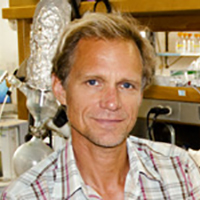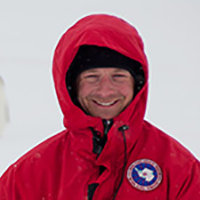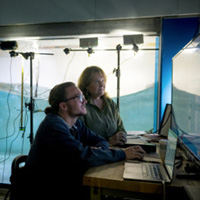Research at the intersection of biological and microbial oceanography and functional genomics.
Biology
Marine Microbiology
The role of microorganisms in the oceans; metabolic diversity; methods in marine microbiology; interactions of microbes with other microbes, plants and animals; biochemical cycling, pollution and water quality; microbe-mineral interactions; extremophiles.
Academics
Centers, Labs, and Programs
Focuses on the biogeochemical cycling of trace metals in marine systems.
We examine the diversity and activity of microbial life in the deep sea , including within the deepest ocean trenches.
We use sequence-based approaches, flow cytometry, modeling, and other techniques to explore the structure and function of microbial communities.
We take advantage of molecular genetic approaches to examine diverse questions in ecology and evolution.
CAICE is a Center for Chemical Innovation focused on the fundamental chemistry behind the impact of aerosol particles on our climate.
Research programs focus on marine biomedicine and marine drug discovery, with an emphasis on cancer and both infectious and inflammatory diseases.
Broadly, our goal is to understand how interactions between the geochemistry and microbiology of the ocean shape the natural world, including global climate and natural resources.
Aims to create and use new software tools to explore the unfolding world of genomes.
A marine biology laboratory that studies the role of bioluminescence in marine ecosystems.
Focused on the biosynthesis and bioengineering of marine microbial natural products and in the discovery of new enzyme biocatalysts.
Ecological data collected on Scripps Institution of Oceanography research pier.
Characterizing the micro members within coral reef ecosystems: Investigation of chemical and microbial diversity to understand shifting reef ecosystems.














